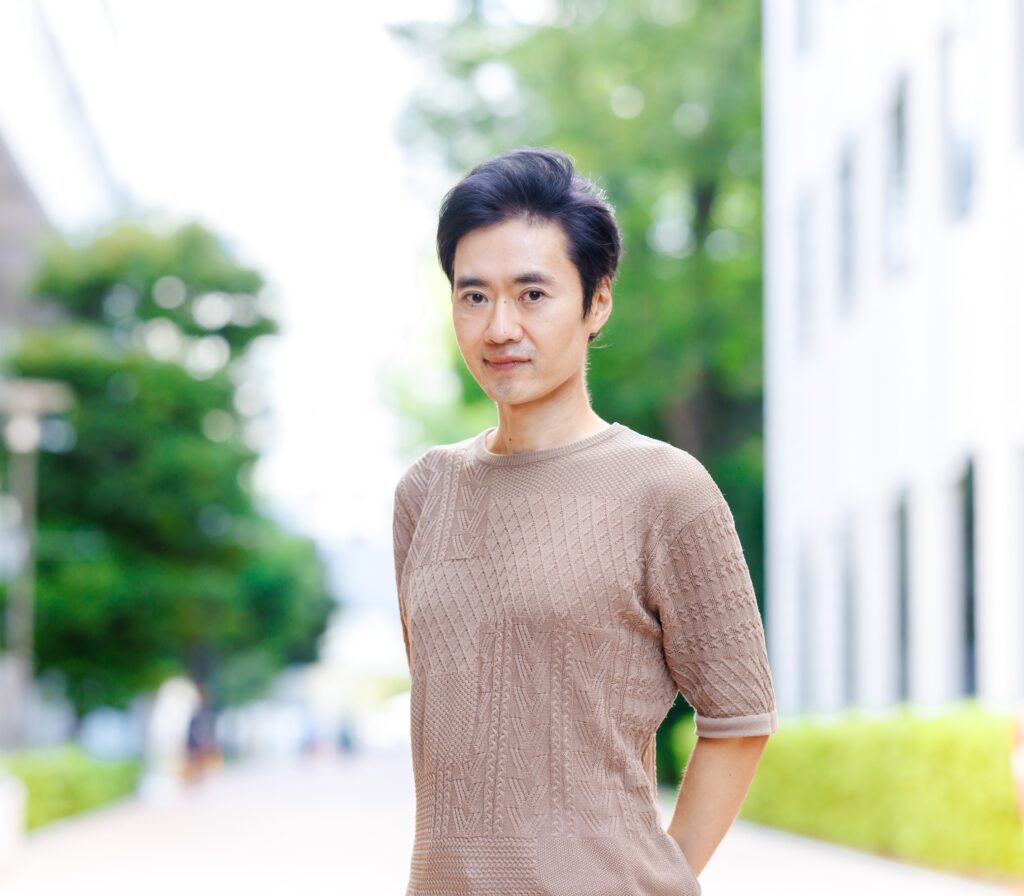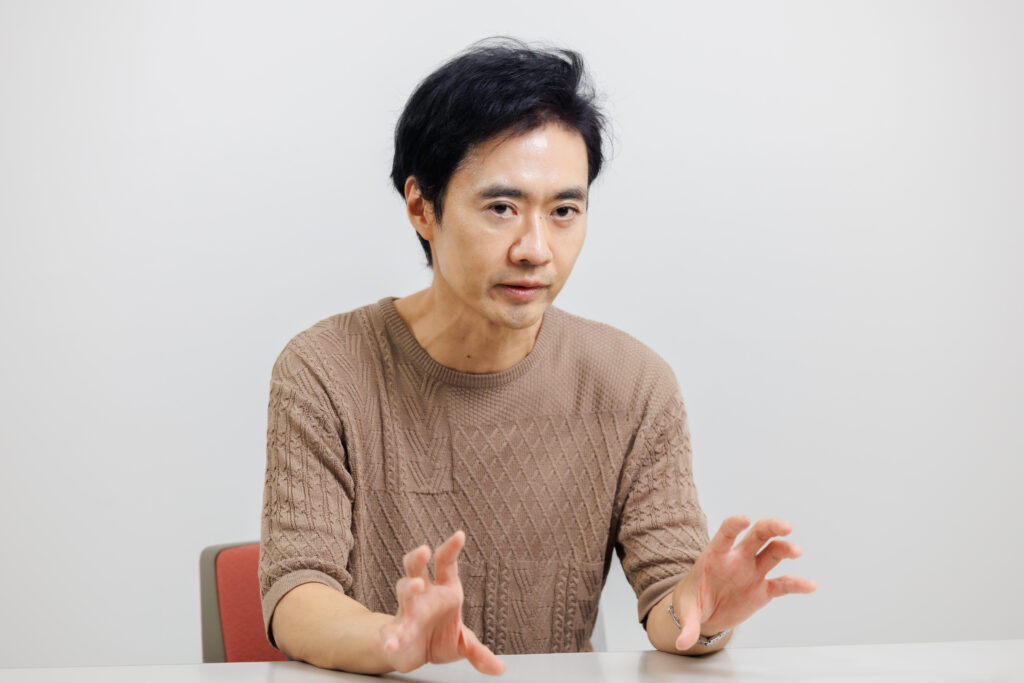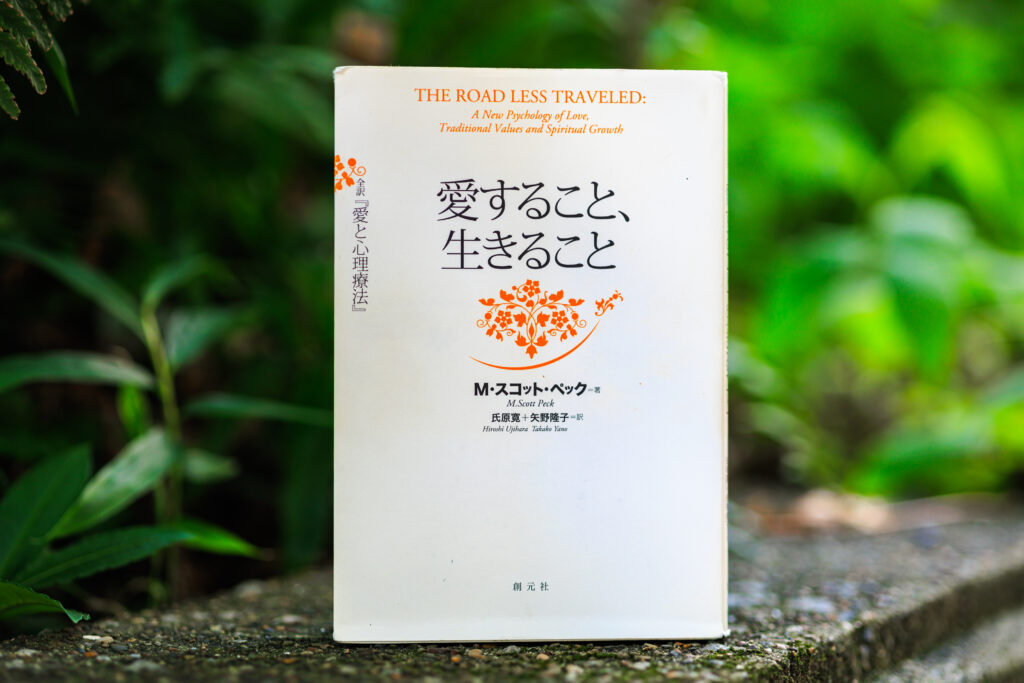
Associate Professor Yasuhiro Imai of the Center for Language Education and Research focuses on emotions in education. He talks about emotions in the context of education and how teachers can decipher negative emotions such as anger and anxiety held by students.
My current interest is in learners’ emotions. My field of expertise is second language education, but I would like to understand how students “use” emotions not only in learning a foreign language but also in learning in general.
Emotions such as joy, anger, and sorrow are often thought to be a reaction to some experience or external stimulus. However, in reality, people may select and use emotions for some purpose even in the absence of a clear causal relationship.
Knowing what you use your emotions for, you can keep yourself out of trouble.

It is often said that “one should be able to control emotions”. Anger is considered especially problematic, and anger management has been attracting people’s attention as a kind of vogue. On the other hand, what if a person has a desire to use anger to intimidate or silence others and anger serves this desire? I believe that if one feels and expresses anger, consciously or not, and does not think about the purpose for which he or she is using the emotion, he or she will not be able to truly control and manage his or her anger.
This is also true in the field of education. For example, suppose that a student expresses anger toward a teacher. The teacher will tend to react negatively and try to restrain the student by saying, “That’s enough,” “Be quiet,” and so on.
However, there may be a purpose behind the student’s expression of the emotion. S/he may want to make the teacher’s position worse by showing the teacher getting emotional. If the teacher can realize the intention behind this student’s expressed emotion, he or she will not dare to confront him or her and engage in any unnecessary dispute with the student.
The effect of emotions on learning is a clue to revitalizing the classroom.
It was during my doctoral dissertation research that I became interested in how people use emotions. I videorecorded students preparing for a group presentation in groups of three and studied the emotions that emerged during the process. I inferred emotions from the language used, tone of voice, and context, and asked the students to reflect on their emotions during group work by interviewing them at the end of class and asking them to keep journals. I examined what impact these emotions had on the progress of the group work and its nature, and final learning outcomes, but more than that, I began to wonder about the purpose of those students in using emotions.
This topic is still under research. I am teaching English courses focusing on psychology/philosophy-related contents, and I often talk about the purpose of using emotions in English and ask students to write down their feelings and emotions after class as part of self-reflection of their own learning of the day. This seems to be a good opportunity for the students to reflect on their feelings. They sometimes add comments such as, “Recognizing and understanding my feelings have made me feel better,” or “This class has been my psychological safety zone”.
Recently, I have come to realize that the job of teachers is not to be limited to giving a one-way lecture but that they need to be facilitators who tap the intrinsic motivation of students and activate their classes. I believe that emotion deserves even more attention in the future as a keyword for this educational purpose.
The book I recommend
“The Road Less Traveled”
by M. Scott Peck, Japanese translation by Hiroshi Ujihara and Takako Yano, Sogensha

It is a book by the author, a psychiatrist, about how to walk the road of spiritual growth. If I had read this book earlier, I might not have been plagued by unnecessary drudgery during my impressionable young years.
-
Yasuhiro Imai
- Associate Professor
Center for Language Education and Research
- Associate Professor
-
Associate Professor Yasuhiro Imai graduated from the Department of English Studies, Faculty of Foreign Studies, Sophia University, and received his Ph.D. in Language & Literacies Education from the Ontario Institute for Studies in Education, University of Toronto. Imai was appointed associate professor at the Center for Language Education and Research in 2013.
- Center for Language Education and Research
Interviewed: August 2023